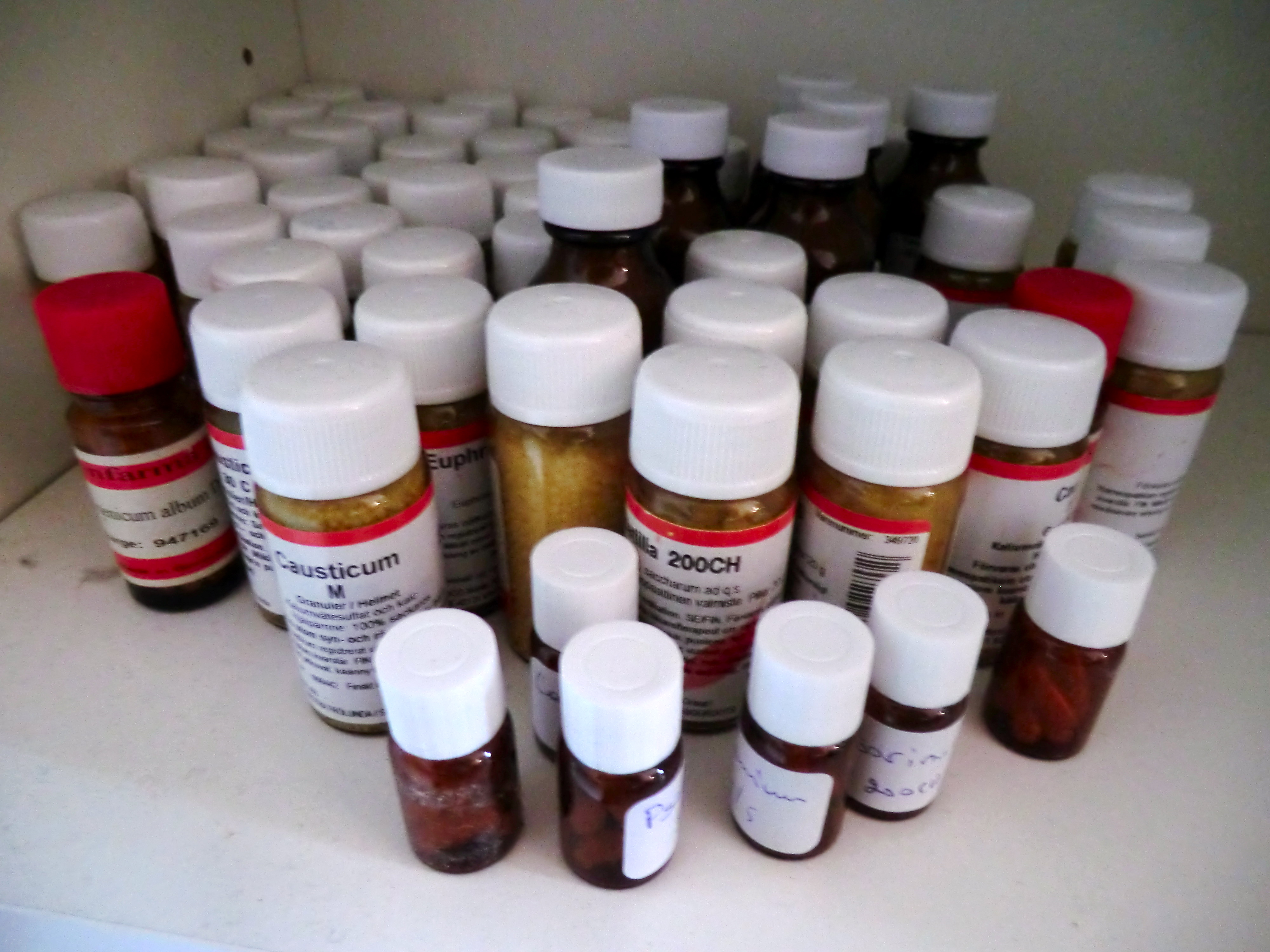 A recent BBC radio program in “The Inquiry” series has caused a tremendous upset in the life sciences community.
A recent BBC radio program in “The Inquiry” series has caused a tremendous upset in the life sciences community.
Text: Tony Carlyle
“Is the Knowledge Factory Broken?” by presenter Michael Blastland has sent shock waves through the scientific community.
The program included statements that 90% of the research published in the “top tier” journals is false or faulty, according to Glenn Pegley who investigated the reproducibility of many so-called ground-breaking research projects while he was working at ANGEN a biotech company in USA. He started with the widely-held assumption that 50% of published articles are false or faulty after half a life in academia. To his horror he found that 90% of experiments and research could not be reproduced by the article writers, in other words unreliable.
This undermines what science relies on, reproducibility and statistical rigour. Only 10% of the articles were found to be provable.
What is going on and why do these well-respected journals publish articles which are fraudulent? One answer could be the lucrative income the journals receive for printing the articles and the fact that in order to get research grants and promotion, researchers have to publish sufficient numbers of articles in well-respected journals. There is also talk of an unspoken agreement in the life science community not to “rock the boat” by demanding reproducibility and statistical rigour, according to the program.
In the area of medicine, as many as 40% of medical procedures which are based on fake research, can be harmful or useless at best according to Dr Vinjak Prasad who exposed the dangers of stent operations.
The reaction to these horrific discoveries from the life science community has not been a call for new authenticity in research but rather hate mail, threats and intimidation directed at the scientists who have exposed the fraud.
And the skeptics say that they doubt the research quality of homeopathic studies, what about the veracity of conventional life sciences research? Maybe they should focus on the lack of science in conventional medicine instead where they can find the real medical fraud and false claims.
Source: BBC program >>>









